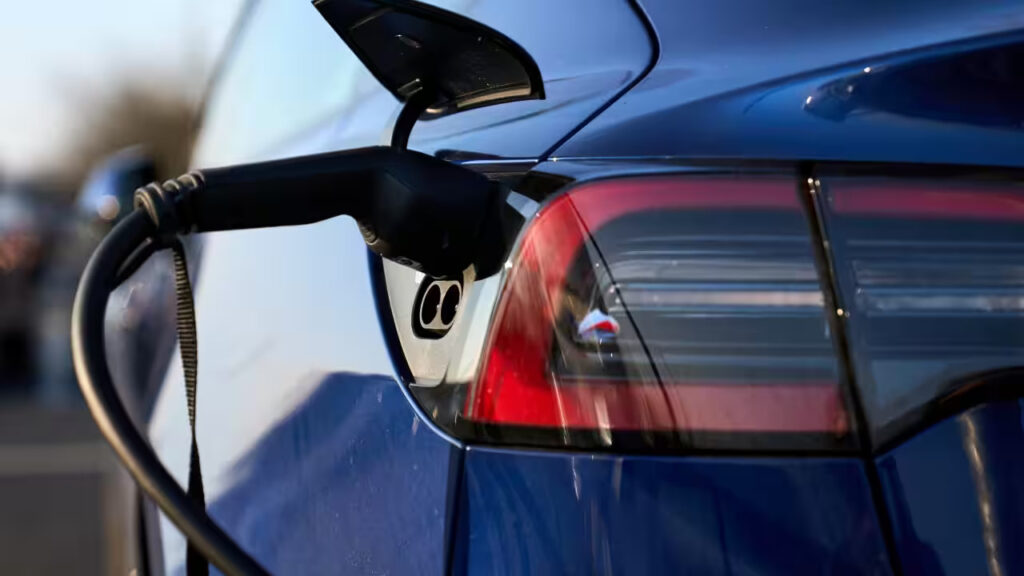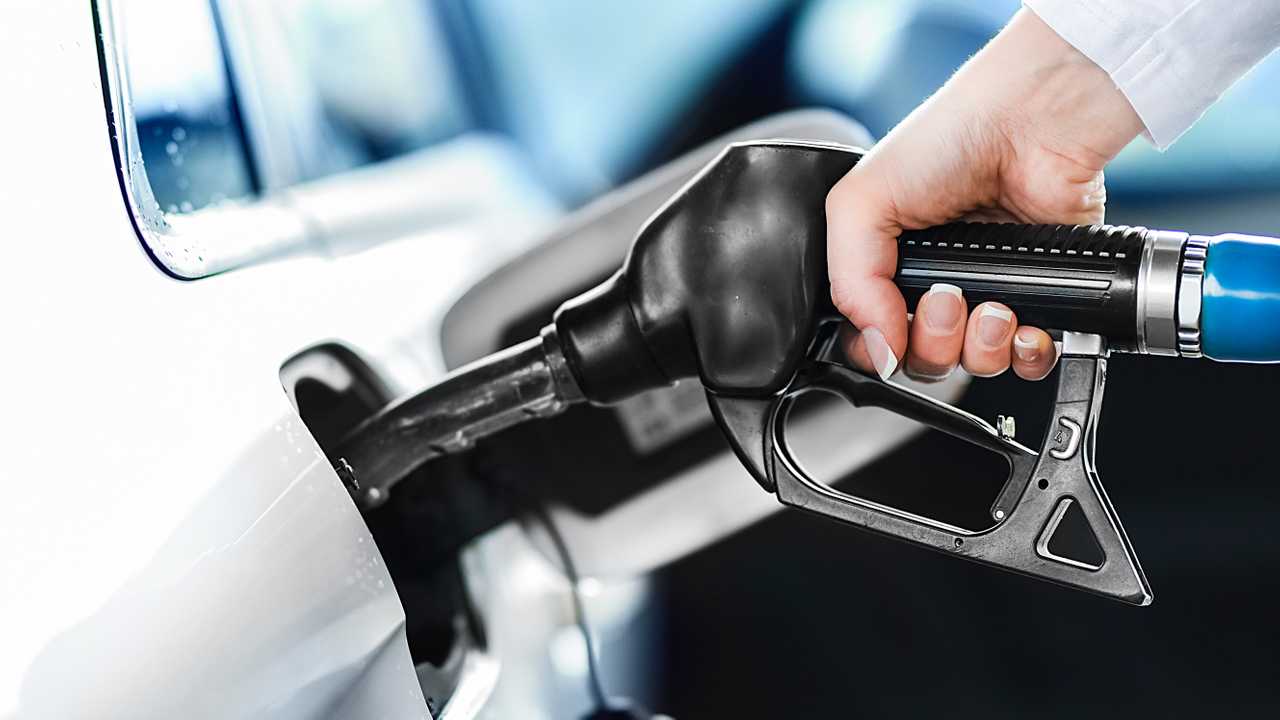The EU has still not fully legalized the ban on diesel and gasoline vehicles, which has been on the agenda for a long time. In 2035, no “new” diesel and gasoline cars will be sold in the EU. EU countries and European Parliament negotiators and the European Commission, which prepared the regulation, agreed last year that manufacturers must reduce carbon dioxide (CO2) emissions by 100 percent by 2035.
The European Union banned the sale of new diesel and gasoline vehicles after 2035
Last month, the process was officially approved. This makes it impossible to sell new fossil fuel-powered vehicles in the EU in 2035. However, the process hit an obstacle last week ahead of its finalization into law. Germany and Italy, two of the countries with the strongest automotive industries in Europe, said they wanted protection for synthetic fuels in the process. So the vote to legalize the process was postponed to an undisclosed future date. Germany believes it is necessary to open Europe to all technologies. It also believes that internal combustion vehicles can be made greener with appropriate fuels.

Today, this issue has gained another supporter. In a political speech on the future vision of Austria as a “car country”, Austrian Chancellor Karl Nehammer said that if EU leaders vote on the issue, “I will also oppose a ban on internal combustion engines”. Nehammer, who does not accept only one future infrastructure, has joined the ranks of those who view the process negatively. The Italian energy minister argues that vehicles powered by renewable fuels should be considered equally clean as electric vehicles.
However, experts say that this is not the case and that electricity is the only way for a clean environment. Honda says it will continue to offer internal combustion vehicles on synthetic fuels until 2040. It seems that we will have to wait longer for fully electric transportation. What do you think about this issue? You can share it with us in the comments section below.














